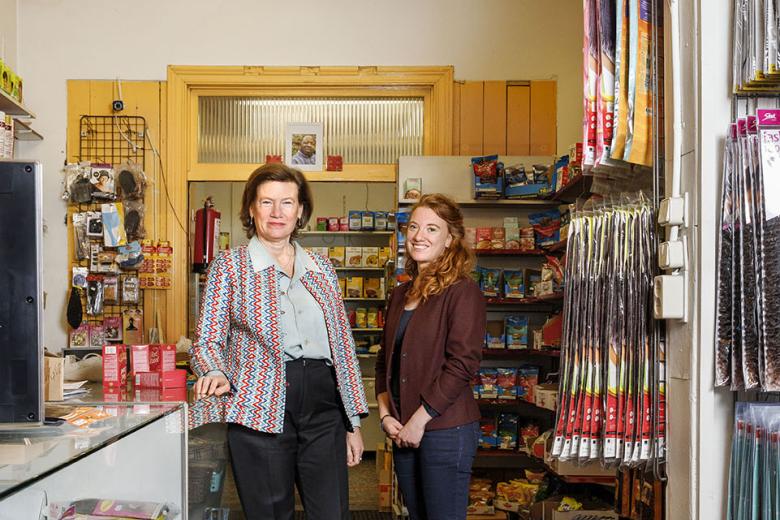25 years of the Maastricht Treaty: party or hangover?
The signing of the Maastricht Treaty marked the first step towards the establishment of the European Union (EU) as we know it today. Now, 25 years later, it is time to take stock. Has the EU lived up to expectations? Is it up to the task of addressing the problems of our time – the euro crisis, the refugee crisis, Brexit and rising anti-European populism, with Trump as just the latest variation on this theme? Has the ideal of an integrated Europe become obsolete? We asked a number of Maastricht professors for their views on the institution under fire. Monica Claes, professor of European and Comparative Constitutional Law, and Bruno de Witte, professor of European Law, set the ball rolling.
When asked what there is to celebrate, the professors fall silent. Claes starts to chuckle, and eventually De Witte speaks up: “Celebrate is such a difficult word. Why celebrate something like that? Of course, it was an important moment in the sense that it made the EU what it is today. So it marks an important step whose consequences – both positive and negative – we’re still experiencing today.”
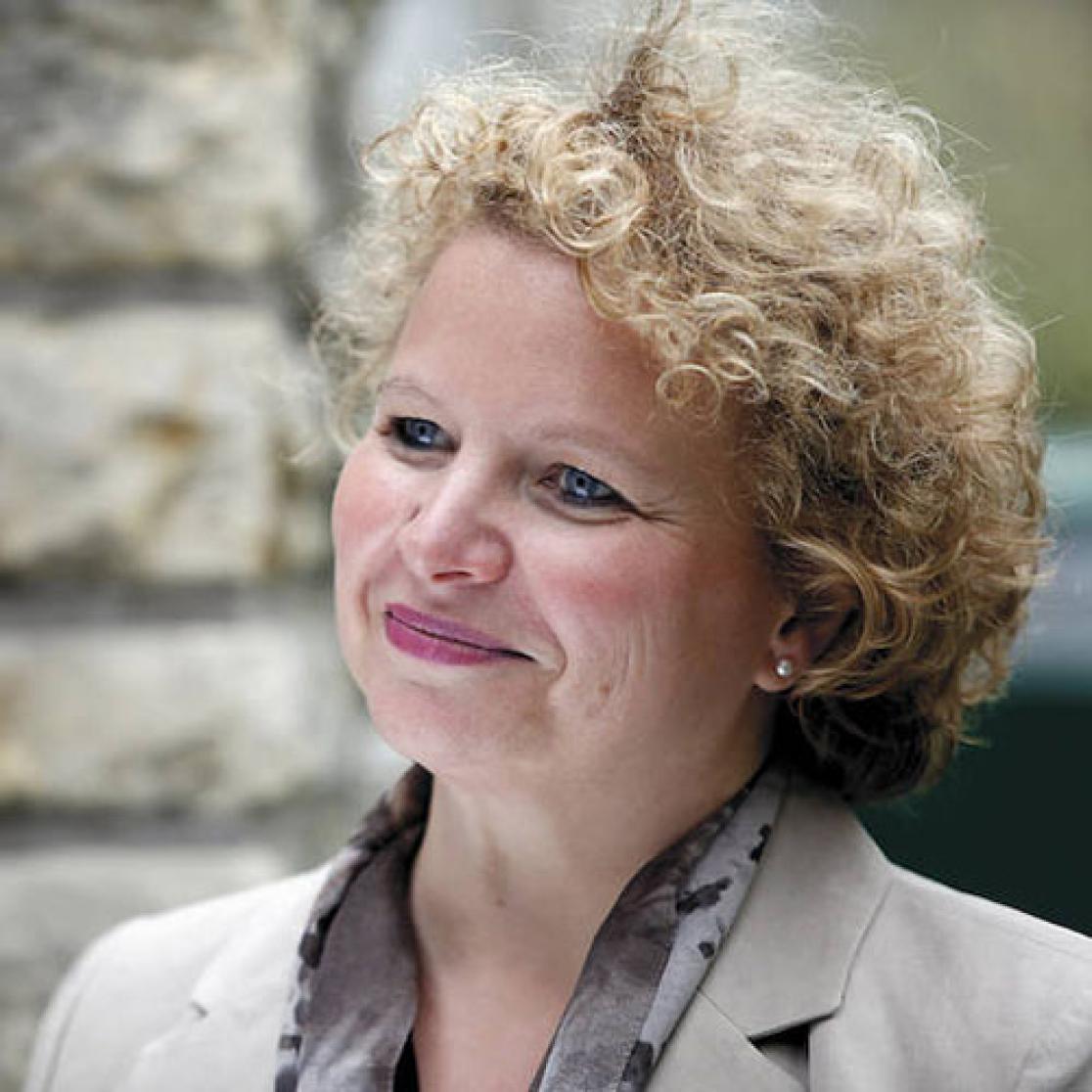
“It was a turning point”, Claes agrees. “Before the Maastricht Treaty people weren’t all that concerned with Europe. That was the moment when public opinion woke up. It was a shock for the European elite, who suddenly realised they hadn’t been paying enough attention.”
“Yes, in France the treaty was only very narrowly approved”, De Witte adds. “Things could easily have been different. It passed with around 51 or 52% in favour. I think many people voted no out of uncertainty. It was something new, something that was sold as an important step in European integration, but one with an uncertain outcome. That kind of conservative reflex also plays a role in the strong anti-European sentiment we’re seeing today.”
Would you call the treaty a success?
De Witte: “I think many things would be done differently if we had the chance again. The core of the treaty, the economic and monetary union, remains controversial. I think it was a good idea, but in practice certain aspects didn’t pan out well. European citizenship was one innovation of the treaty. Another was the fact that the European parliament not only plays an advisory role, but can also be co-legislator. That system works pretty well, better than some people thought it would. And the cooperation in the areas of migration, criminal law and police has been very successful. But you could have some structural criticisms of the treaty; for example, was all that text really necessary? Why didn’t they just make one very general article – ‘we’ll establish a European Central Bank to govern the EU’s monetary policy’ – like you see in the Dutch constitution? A number of the rules later turned out to be impediments to action during the economic and financial crisis.”
Back then the European Community had 12 member states, as opposed to 28 now. Was it a mistake to admit so many countries?
De Witte: “The disintegration of the EU has to do with the accession of countries with very different views. The differences between East and West are becoming increasingly apparent.” Claes: “Whether it was a mistake depends on what you want to achieve, but I have to say the Big Bang of 2004 [the accession of the Czech Republic, Cyprus, Malta, Poland, Hungary, Slovakia, Slovenia, Estonia, Latvia and Lithuania] marked the end of a certain kind of Europe. The EU became much larger and more diverse. You could regret that because progress is faster with a smaller, more homogeneous group, but what was the alternative?”
De Witte: “Mitterand had an alternative at the time: a European confederation. He felt you had to do something with the countries that emerged from the Soviet bloc. In a European confederation they’d be part of the EU, but not full member states. That proposal was quickly shot down, but actually it wasn’t such a bad idea. The problem with admitting so many member states is that it hinders decision making. In the last few years we’ve seen a number of the new countries, notably Hungary and Poland, being generally uncooperative and standing in the way of progress.”
How can the EU be made more effective, especially when it comes to the influx of refugees?
De Witte: “It’s very difficult. A big part of the problem is the negative way Europe is portrayed. To give a recent example: the perpetrator of the attack in Berlin travelled through Europe via the Netherlands, Belgium and France, and ended up being shot in Italy. What was the response in the media? ‘We have to abolish Schengen – the free movement of people is just not on. It’s outrageous that criminals can move around freely.’ Absurd, because what this story actually shows is that the various police forces in Europe work very well together. It was thanks to that European cooperation, made possible by the Schengen Agreement among other things, that they managed to find him.”
Claes: “And where the European institutions want to achieve all sorts of things, it’s the member states that hold them back and then say ‘Europe is doing nothing’. The member states are constantly blocking initiatives and yet the institutions get the blame. National politicians ought to be more honest about this, but it would mean delivering messages that wouldn’t win them any votes. The alternative for Europe is to go back to the nation state; just look at Brexit. More and more people are calling for that in the Netherlands too, but the problems we face – migration, the environment – are ones that require cooperation. It’s an illusion that you could deal with the problems of our time by building a wall or becoming more inward-looking. But that’s a message politicians don’t want to have to sell, which sometimes makes me despondent. Of course the EU needs constant improvement. I’m not saying the EU as it is today is ideal, but it’s clear to me that there needs to be an EU. There was another treaty before the Maastricht Treaty, a Dutch plan that went even further, called for closer integration. Not one other member state supported it; it’s known as Black Monday here. What happened to the Netherlands?”
De Witte: “It’s especially sad when you see that this country is doing really well. You could imagine something like that in Greece, but here?” Claes: “Support for Europe dropped from the moment the Netherlands turned from a net recipient into a net contributor. Then of course there’s the rise of populism, which is stronger in the Netherlands than in some other countries.” De Witte: “And yet no other country has benefited more from European cooperation than the Netherlands. Take the harbour of Rotterdam, importing and exporting products from all over Western Europe. A lot of that wouldn’t have happened without the EU.”
Claes: “Europe’s problem is actually how successful it’s been. What brought about the desire for European integration? No more war – we want peace and prosperity. We’ve achieved that and now everyone thinks Europe is just getting in the way. The EU gave us what we wanted and now we don’t need it anymore. Maybe we can no longer imagine what our world would look like without Europe, as our parents could.”
Perhaps the EU as an institution has become obsolete, unable to make decisions?
De Witte: “Not at all, things are forever being decided, but the press only reports on things that fall through. All sorts of agreements are constantly being made and there’s an everyday routine that works well, but no one takes any notice of that. Fortunately attention is sometimes paid to the successes; take the climate agreement in Paris in late 2015. The EU played a big role in that, and within the EU, too, very far-reaching climate policy measures have been agreed on. The system works better than you might expect.”
Claes: “It’s in crisis situations and on very sensitive topics that things can go wrong, because decisions have to be made by consensus. That’s difficult these days because a compromise is no longer seen as a victory, but rather as a kind of loss. You didn’t get your way. That’s something we’re seeing in national politics, too, not only at the European level. In a compromise you take into account the interests of others you’re not necessarily in agreement with. But nowadays the majority just wants what the majority wants and it’s no longer about getting the best for everyone. That’s a change in the contemporary conception of democracy, and it’s magnified at the European level. Europe is facing a crisis, but it’s primarily a crisis of democracy, of politics. Are things really so bad in Europe when you compare it with places like the US?”
De Witte: “And Russia. The US functions many times worse than the EU. That’s a political system based on full-frontal opposition, where in recent years you have two camps outright blocking one other. But here, too, the idea of compromise has been lost, and that leads to the election of radical types who no longer have any sense of the public interest, careful governance and the role of the US in the world. That someone like Trump can be elected as president shows, I think, that the political system is not working. Could his presidency lead to another crisis, and thus problems for the EU? We’re now seeing the consequences of his election in terms of defence policy; people are talking about more far-reaching cooperation in this area. Incidentally, cooperation on defence was another thing the Maastricht Treaty initiated, very modestly, but still. Looking back it was definitely the most important treaty in the history of European integration.”
Monica Claes (1968) is professor of European and Comparative Constitutional Law at Maastricht University. Her research focuses on the interaction between European and national constitutional law.
Bruno de Witte (1955) is professor of European Law at Maastricht University and part-time professor of Law at the European University Institute in Florence. He is also co-director of the Maastricht Centre for European Law and involved with various journals, including the European Human Rights Law Review and the European Constitutional Law Review.
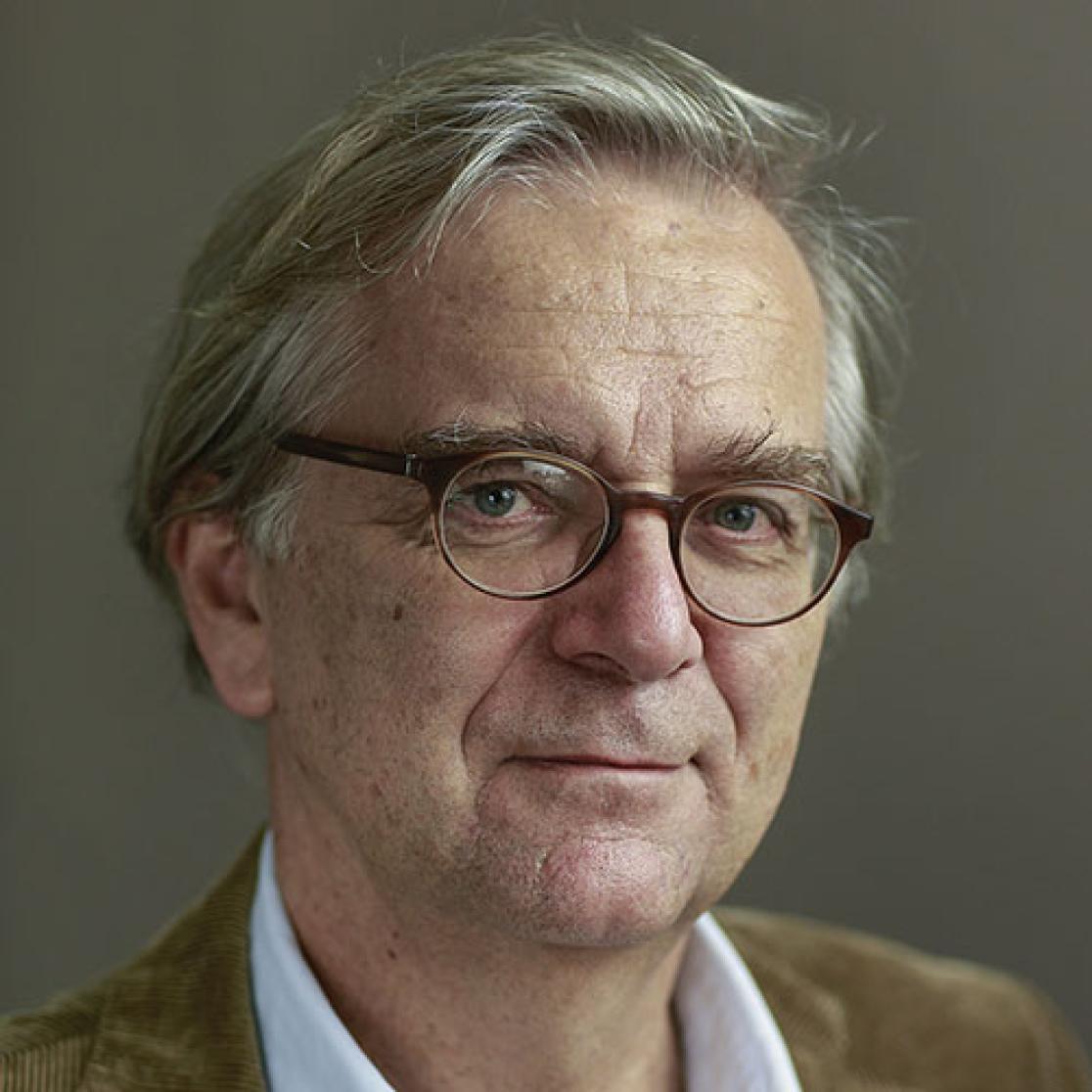
Also read
-
Maastricht University and YERUN - A recap and a glimpse into 2024
Maastricht University is an active member of the Young European Research Universities Network, championing values of innovation, openess and responsibility.
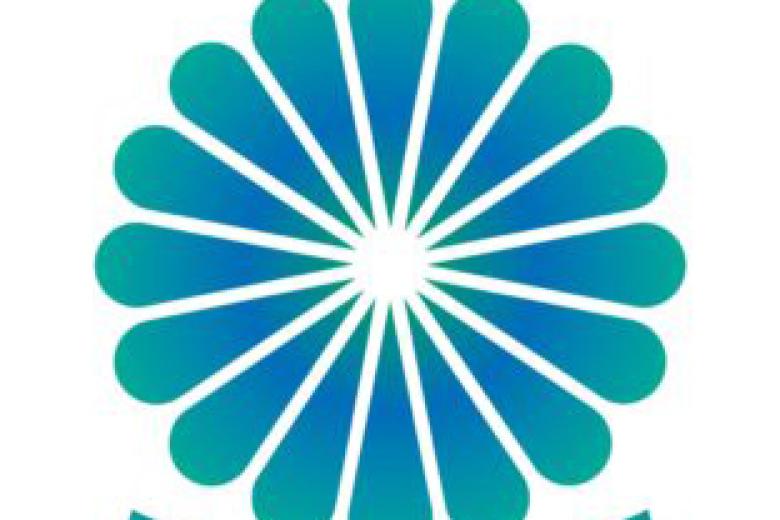
-
Empowering Smallholder Farmers in the Data Economy: Unlocking Opportunities and Overcoming Obstacles
Frederik Claasen, the head of policy at our partner organisation Solidaridad Network on the opportunities and obstacles facing smallholder farmers in their data ecosystems.
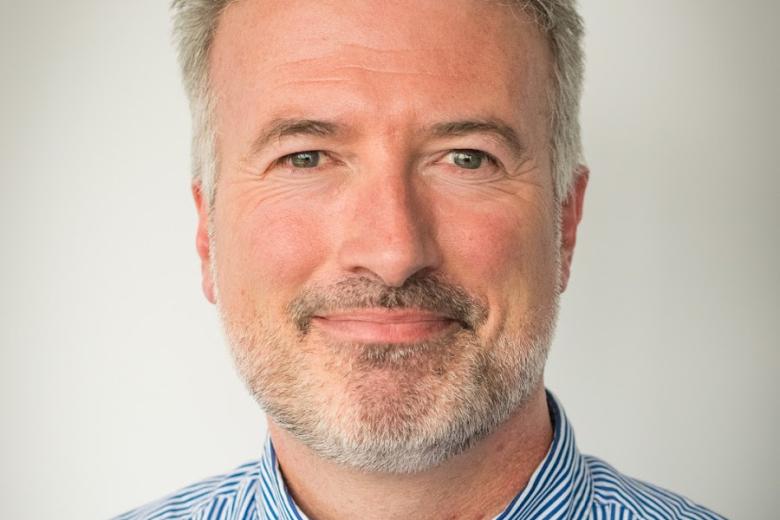
-
How do involuntarily returned migrants fare in Senegal?
The PhD research of Karlien Strijbosch focuses on Senegalese migrants who were forced to return home after a stay in Europe. Doing justice to such stories is no easy feat, especially when you come up against walls of silence, distrust and shame. Strijbosch and her supervisor Valentina Mazzucato...
